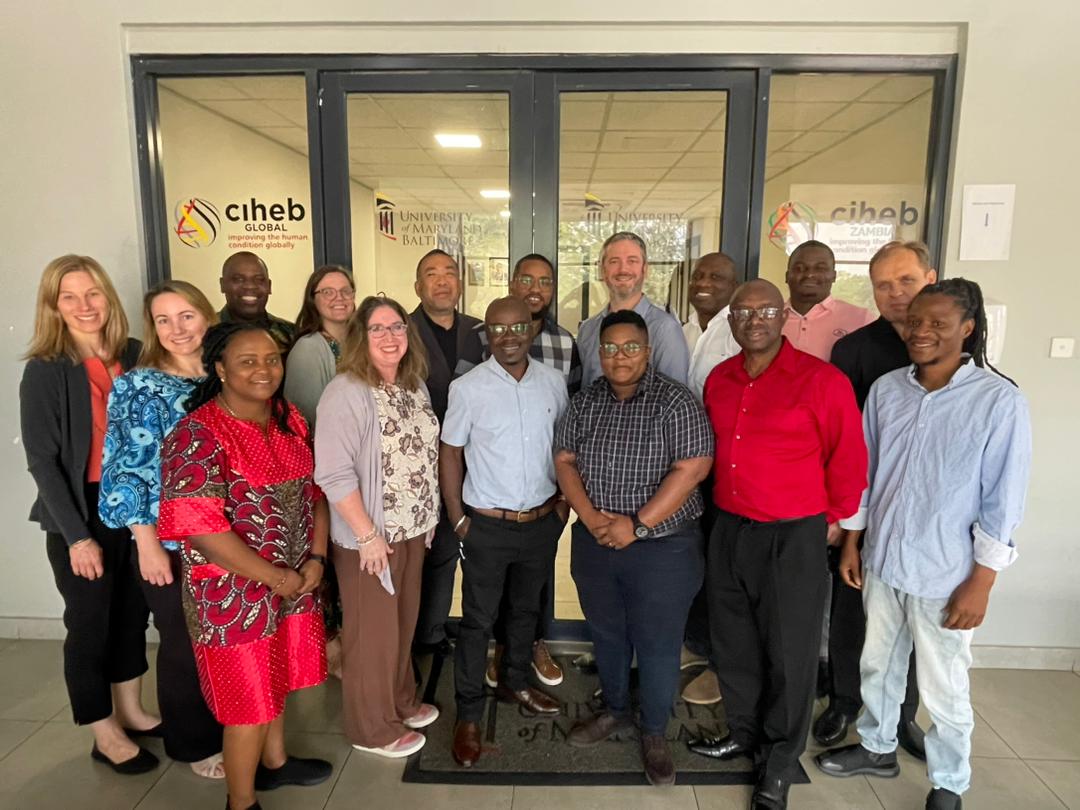
Drs. Lisa Hightow-Weidman and Kate Muessig recently returned from a one-week trip to Lusaka, Zambia as part of a newly-funded National Institutes of Health project to expand HIV prevention and care services for sexual and gender minority adolescents and young adults in sub-Saharan Africa. The RISE study is part of NIH’s PATC3H Consortium. PATC3H’s primary goal is to generate the scientific innovation in effective public health interventions for 10- to 24-year-olds affected by HIV in resource-limited settings of Brazil and sub-Saharan Africa.
The HIV status-neutral RISE intervention will be the first of its kind in Sub-Saharan Africa for sexual and gender minority adolescents. RISE will utilize the HealthMpowerment smartphone intervention platform created by Dr. Hightow-Weidman alongside existing strong community outreach and service efforts to increase uptake and maintenance of HIV Pre-Exposure Prophylaxis (PrEP) and HIV antiretroviral medication adherence.
The RISE study is a collaboration between the University of Maryland, Baltimore (Lead Investigators: Manhattan Charurat and Sylvia Adebajo), FSU (Lead Investigator: Lisa Hightow-Weidman), and partner organizations in four African countries: CIHEB Zambia, Institute of Human Virology and Centre for Population Health Initiatives (Nigeria), Partners for Health and Development in Africa (Kenya), and Centre for the Development of People (Malawi), as well as local government leaders and local community-based service providers in each partnering country.
In addition to meeting with leaders from the RISE partner organizations for a project kick-off meeting, during their visit, Dr. Hightow-Weidman and Dr. Muessig attended the International Workshop on HIV & Adolescence 2023 (hosted in Lusaka and attended by the Zambian First Lady!) and participated in site visits to community-based health clinics and community service centers in areas surrounding Lusaka. During site visits, community members and leaders shared their experiences and identified health topics of importance to them – including mental health, social support, and the ability to access tailored health and medical information via their phones.
